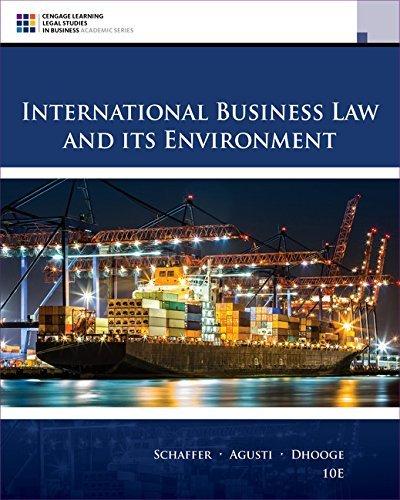Question:
A U.S. purchaser sued a German limited
partnership alleging that the
partnership breached a contract to deliver 15,000-18,000 metric tons of used Russian railroad rail to the U.S. company for recycling into other products. The rail was to be shipped from the port in St. Petersburg, Russia, travel by sea for four weeks, and be delivered to the purchaser at its factory in Illinois by December 31, 2002. The seller failed to meet this deadline allegedly due to the unexpected early freezing of the St. Petersburg port on approximately December 1, 2002. The seller thus alleged that its performance was subject to force majeure. In denying the purchaser's motion for summary judgment, the court acknowledged that the contract was governed by the CISG and, specifically, Article 79 relating to force majeure. It also noted the absence of U.S. case law interpreting Article 79. However, instead of applying foreign case law or scholarly commentary to the interpretation of Article 79, the court simply applied similar provisions contained within §2-615 of the UCC. Applying the UCC, the court concluded that the freezing of the port rendered the seller's performance impracticable, and the premature freezing was unforeseeable. The court's opinion has been condemned as "the worst CISG decision in twenty-five years" due to its disregard of the international character of the CISG and the need for uniformity in international trade. It has also been cited as an example of the "homeward trend" in improperly utilizing analogous domestic law to interpret the CISG. What is meant by "homeward trend"? Do you agree with the application of this trend and result in this case? Compare the opinion with that in Chicago Prime Packers Inc. issued by the same court in the same year. What are the possible explanations for the divergence in sources utilized to interpret the CISG?
Partnership
A legal form of business operation between two or more individuals who share management and profits. A Written agreement between two or more individuals who join as partners to form and carry on a for-profit business. Among other things, it states...







